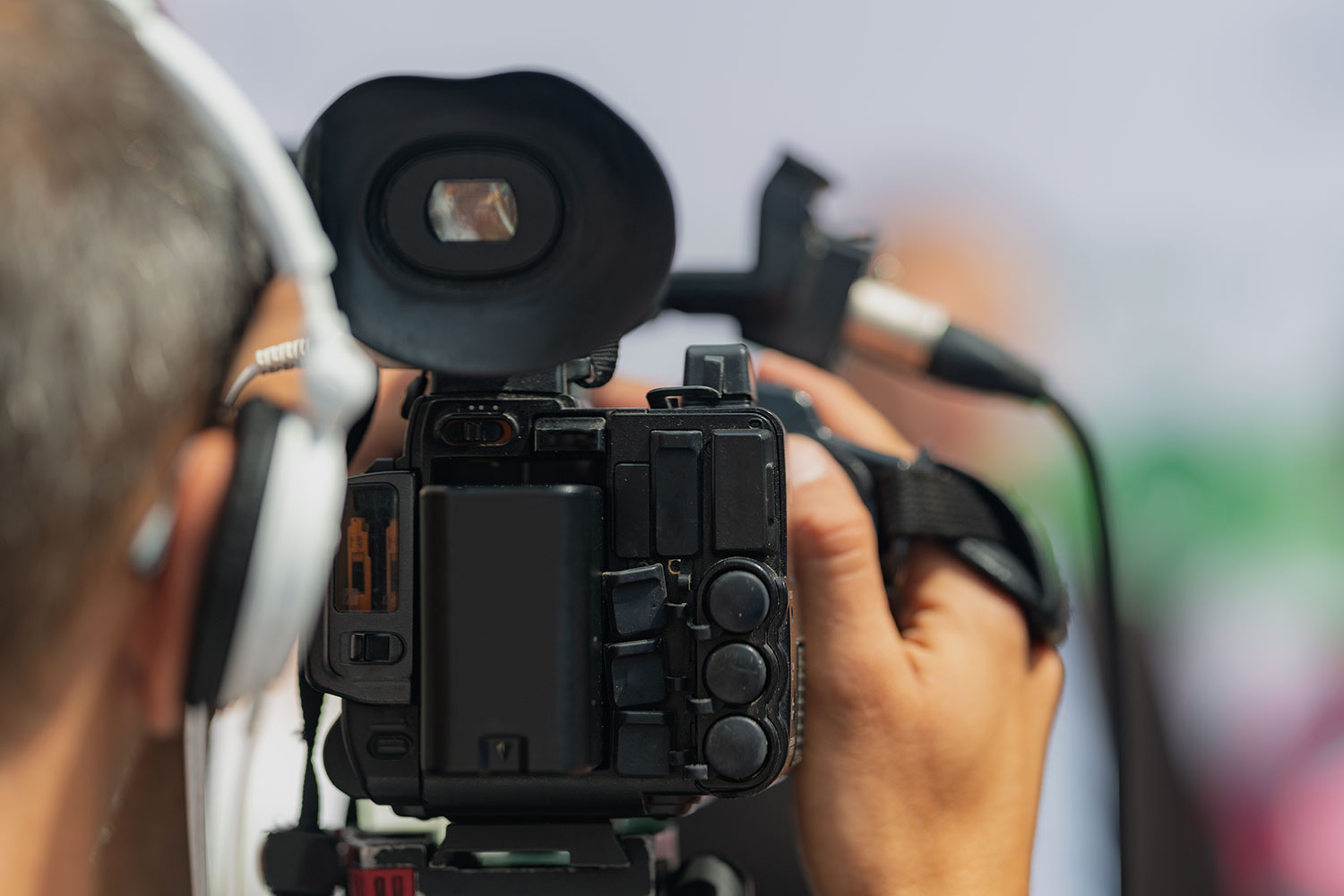Why Lawful Videography Is Necessary for Accurate Legal Record-Keeping
In the world of lawful procedures, the precision of record-keeping is extremely important, and lawful videography emerges as an important tool in this context. As we discover the complex benefits of lawful videography, one must consider its ramifications for the future of judicial stability and openness.
Relevance of Visual Proof
Developing the importance of visual proof in lawful process is extremely important for guaranteeing accurate record-keeping and boosting the overall integrity of the judicial process. Visual evidence works as an important device in recording occasions, conditions, and other essential information that may be important to a situation. Unlike composed accounts, which are vulnerable to interpretation and predisposition, visual recordings provide an objective, unalterable representation of realities as they took place.
This kind of evidence can capture a variety of elements, consisting of witness actions, ecological context, and physical evidence, all of which might affect judicial results. By providing a clear and detailed visual narrative, lawful videography removes uncertainty and helps to preserve the credibility of the proof.
Furthermore, aesthetic proof can be important in reducing conflicts over factual inconsistencies, as it permits for a straight comparison against testament and other recorded documents. In an age where electronic modern technology is progressively prevalent, the capacity to present aesthetic evidence effectively can significantly improve the overall top quality of legal process. Eventually, the incorporation of aesthetic evidence not only bolsters the paperwork process however also strengthens public count on in the judicial system by advertising transparency and liability.
Enhancing Testimony Credibility
The assimilation of legal videography right into courtroom procedures significantly boosts the reliability of witness testament. By capturing the nuances of spoken and non-verbal communication, video clip recordings give a more thorough representation of a witness's attitude, emotions, and integrity. This visual paperwork permits jurors to observe the witness's body language, faces, and overall comportment, which are essential elements that can influence their assumption of statement reliability.

Furthermore, the existence of video footage can deter witnesses from giving deceptive or exaggerated statements, as they are mindful that their testimony is being tape-recorded. This accountability enhances the stability of the judicial process. Inevitably, lawful videography works as a vital device in guaranteeing that witness testimony is not just precisely depicted however also viewed with increased integrity by all celebrations entailed.
Comprehensive Record Preservation
Comprehensive document preservation is necessary for preserving the honesty of legal process. Legal videography functions as an essential device in this process, giving an accurate aesthetic and auditory account of statements, depositions, and other zero hours in a situation. Unlike traditional written transcripts, video clip recordings capture the nuances of body language, tone, and emotion, which are essential for comprehending the context and intent behind declarations made during legal process.
Incorporating audiovisual aspects right into record-keeping enhances the conservation of proof, guaranteeing that it continues to be intact and easily accessible throughout the lawful process. This is especially vital in cases where the dependability of witness declarations might be challenged, as visual recordings can corroborate cases and offer quality. In addition, video records can be useful link very useful during appeals or retrials, using an unchanged depiction of the initial testimony.

Furthermore, the capability to examine video clip proof permits lawyers to recognize crucial details that may have been neglected in written records. By maintaining an extensive archive of legal proceedings through videography, law firms can copyright the highest possible criteria of precision and liability, inevitably adding to a fairer judicial process.
Improving Legal Proceedings
Streamlining lawful process is necessary for improving effectiveness and decreasing delays within the judicial system. Lawful videography acts as an essential tool in achieving this objective by supplying clear and precise visual documents of court hearings, depositions, and statements - legal videography. This innovation allows for real-time recording, making certain that all verbal and non-verbal cues are recorded, which can assist in quicker resolution of disputes
The assimilation of videography right into legal procedures lessens reliance on typical techniques, such as lengthy records, which can be lengthy to generate and examine. By having accessibility to tape-recorded footage, lawyers can swiftly reference vital moments, boosting their capability to prepare and present instances successfully. This immediacy also assists in the clearing up of testimonies, description lowering the capacity for misconception.

Admissibility in Court
Exact paperwork is essential not only for efficiency but likewise for making certain that proof is acceptable in court. Legal videography offers as an important tool in this procedure, offering a trustworthy aesthetic record of testimonies, statements, and events.
To be considered admissible, legal videography needs to stick to recognized procedures, such as proper equipment usage, proper lights, and clear audio capture. Furthermore, it is important to have actually certified videographers who comprehend the legal needs surrounding evidence collection. legal videography. The chain of guardianship must likewise be preserved to stop any kind of cases of tampering or change
Moreover, lawful videography can improve the persuasiveness of proof by providing jurors with a straight sight of the testimony, permitting for an extra involved understanding of the case. In summary, the combination of lawful videography right into record-keeping not only supports efficiency but additionally bolsters the honesty and admissibility of proof in court proceedings.
Verdict
In conclusion, lawful videography plays an essential function in ensuring accurate legal record-keeping by offering objective visual documentation. Inevitably, the consolidation of lawful videography into the judicial process promotes openness and strengthens public trust in the integrity of the lawful system.